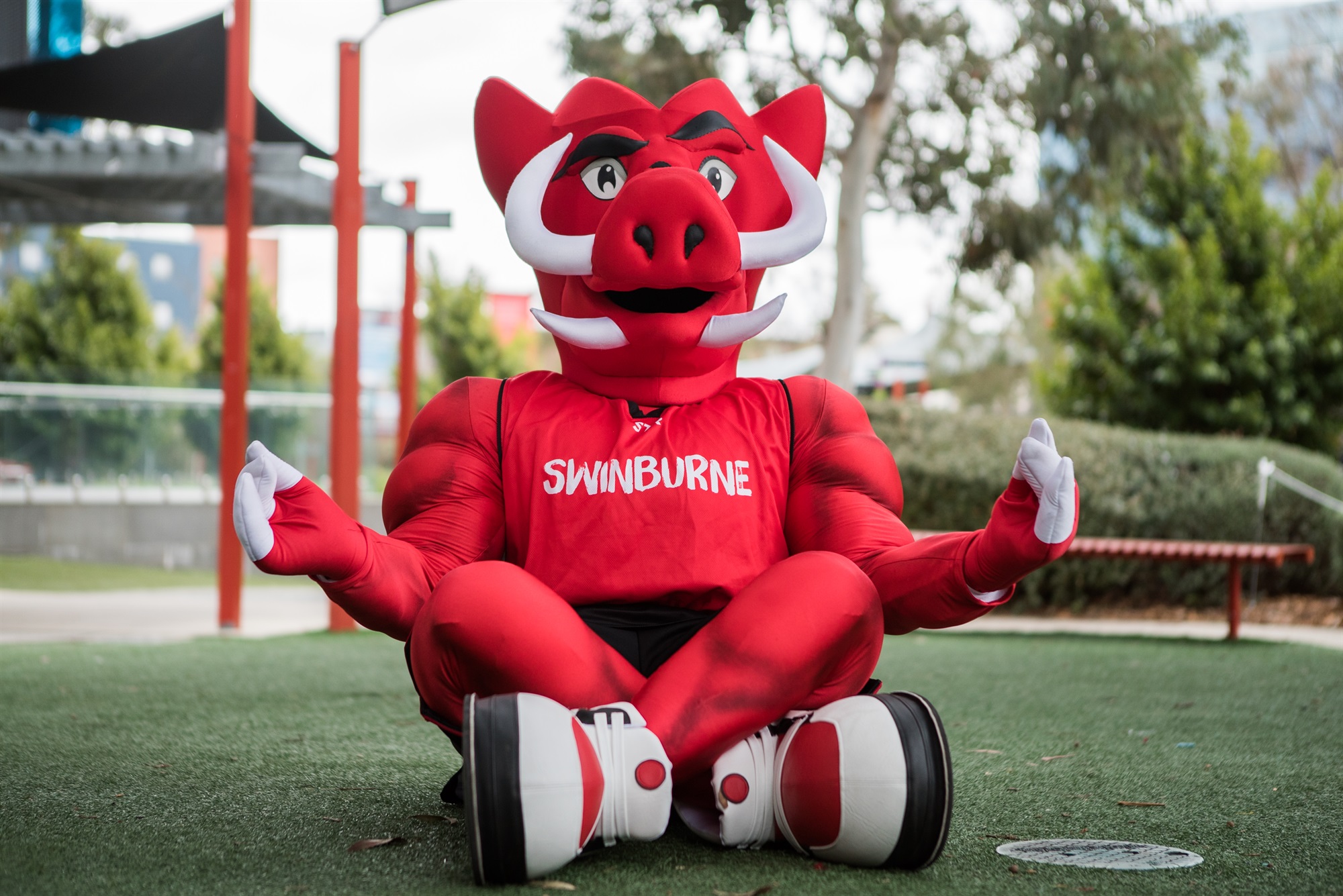Online Student Stress Less Tips

Here’s what you can do to stress less:
Practice mindfulness
Mindfulness is a skill that requires time and practice to master, but when you do it’s a real game changer. When mindfulness is achieved your mind is focused on the present moment and you’re able to calmly accept your feelings and thoughts without judgement.
Some benefits include: improved focus, sharpened memory, appreciation for the present moment and greater capacity to deal with stressful events.
How to practice mindfulness:
There are many ways to practice mindfulness, experiment with the method that works best for you.
- Meditation. This is the most common practice, you can find many guided podcasts or YouTube videos, usually focusing on the breath or certain parts of the body.
- Bring awareness to the daily activities you usually do on autopilot. For example, pay more attention while brushing your teeth, walking to uni or eating. You’ll notice the difference after doing this often.
- Mindful colouring. Colouring uses both the creative and rational sides of the brain, allowing you to focus and engage fully with the task at hand.
Many people who practice mindfulness find that they are less likely to get caught up in worries about the future or regrets over the past, are less preoccupied with concerns about success and self-esteem, and are better able to form deeper connections with others.
Self-care
Taking care of yourself will help maintain your physical, emotional, and mental reserves to prevent and manage stress. Self-care means something different for everyone. Whether you need to sweat it out at the gym, call a friend, cuddle your furry companion or just treat yourself to a spa day, sometimes a little self-care might be just what you need.
It’s important to try avoid getting hooked on the unhelpful aspects of self-care and instead focus on what will be beneficial to your mind, body and spirit.
Helpful self-care practices:
- Write. Transfer your stressful thoughts from your head onto paper. You could also make a list of things you’re grateful for or reflect on anything you like.
- Massage. Massage sparks the relaxation response. By alleviating tension in the body, stress can also be minimised.
- Move. Incorporating more movement in your routine has a multitude of benefits from improved sleep to lifting your mood.
- Interact. Whether it’s phoning a friend or cuddling a cute animal, humans naturally crave interaction. Consider dedicating some time to a companion (furry or otherwise) to re-connect and get some support.
Stress, anxiety, nervousness – these are all feelings that are part of being human. This is okay. When we are stressed, it may be helpful to tap into different aspects of the experience and discover a purpose opposed to being caught up in negative thoughts. Don’t forget to check up on your mates too and remind them we’re in this together ❤
If in doubt please seek support from a mental health professional.
Counselling and psychological services
Swinburne students have access to free counselling and psychological services. Register and make an appointment to see a counsellor. Or call the counselling team on +61 3 9214 8483.
Swinburne After-hours crisis line
If you are in crisis, you can call the Swinburne After-hours crisis line for immediate assistance:
Phone: 1300 854 144
SMS: 0488 884 145
The crisis line provides confidential phone support 24 hours a day on weekends and public holidays, and 5pm – 9am weekdays.
Emergency assistance
You can also call these numbers anytime for support in a crisis and help with suicide prevention:
Emergency services: 000
Lifeline: 131 114
Suicide Help Line: 1300 651 251
Written by Cecilia Distefano

